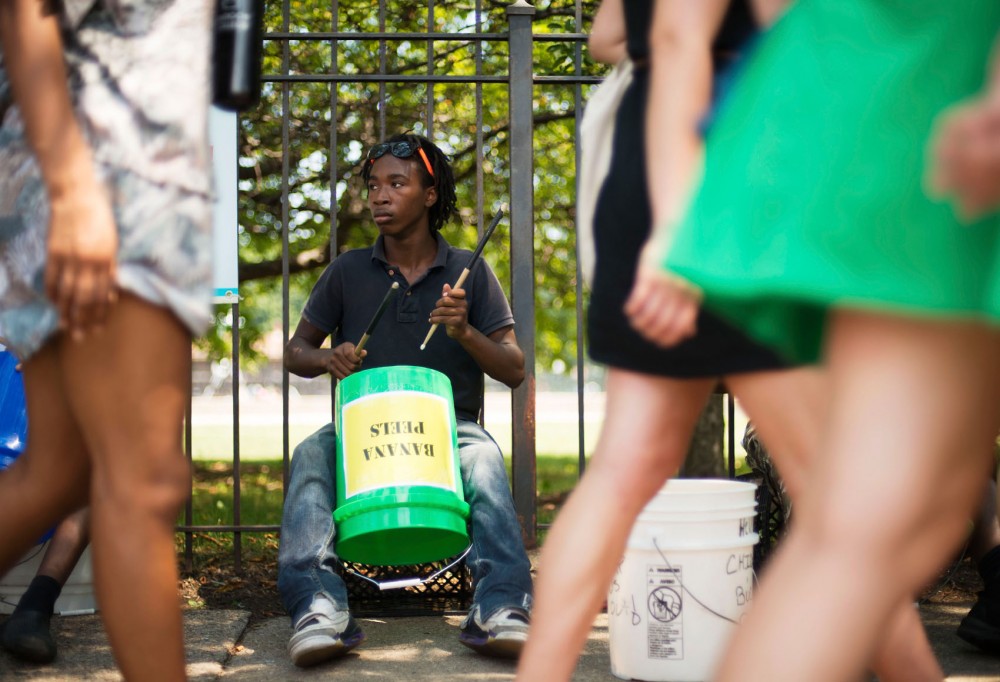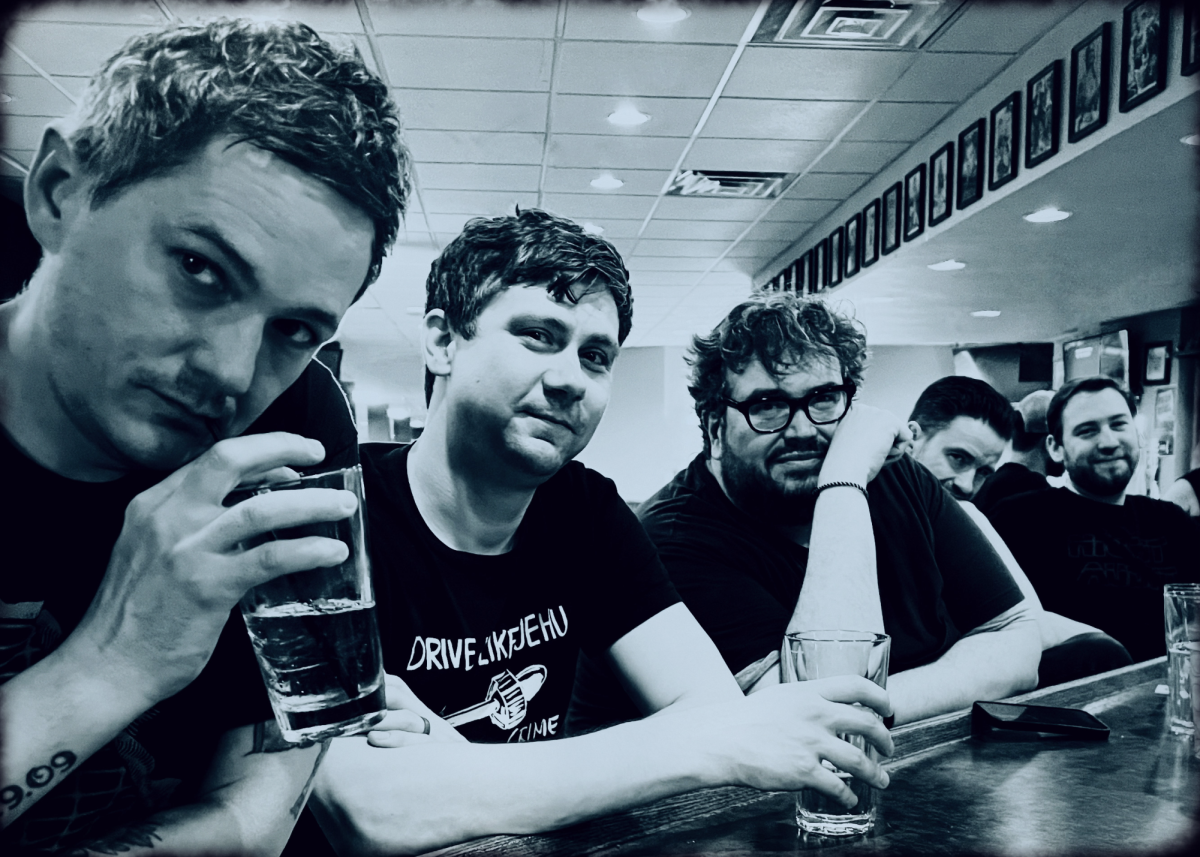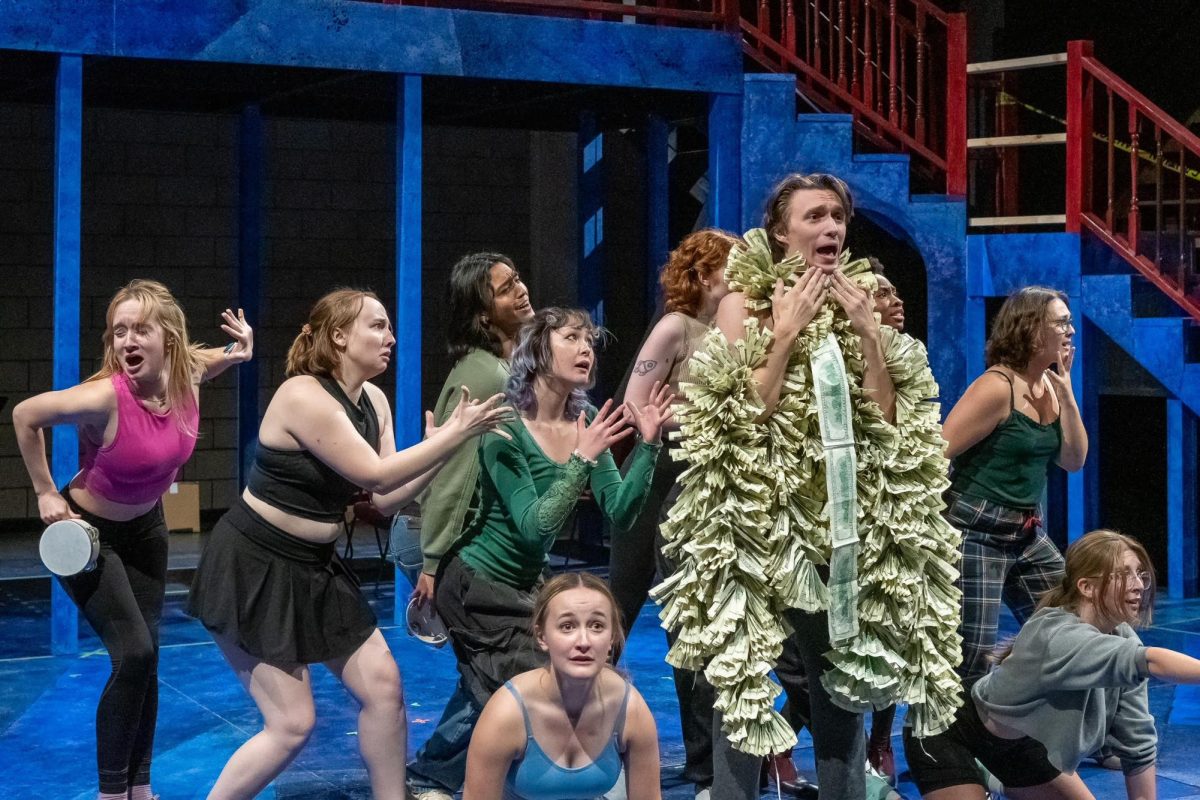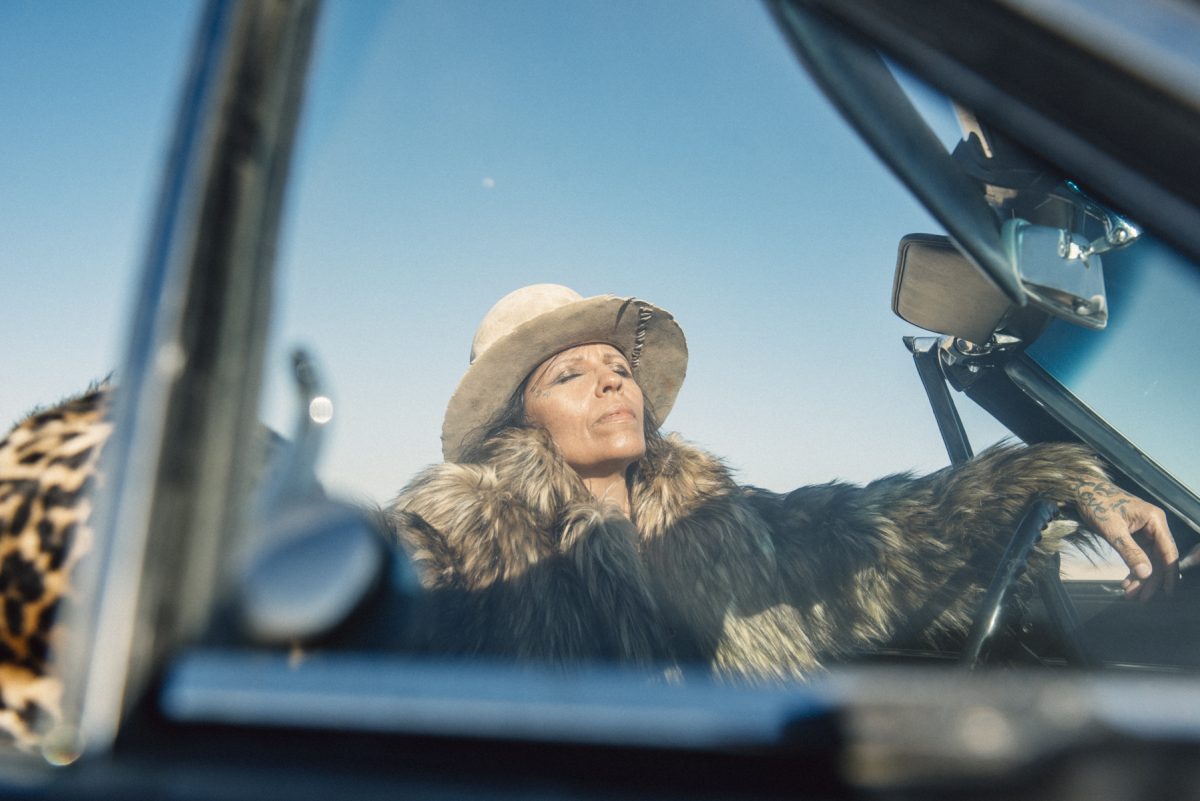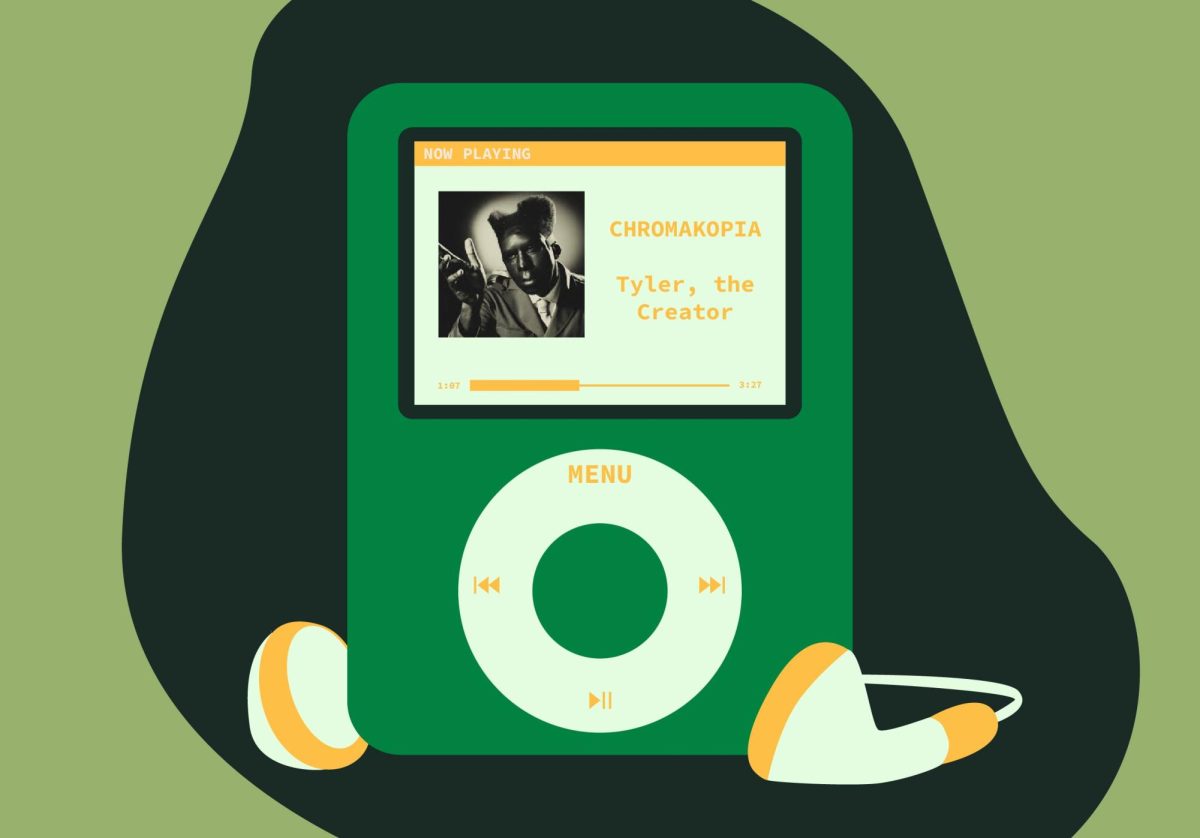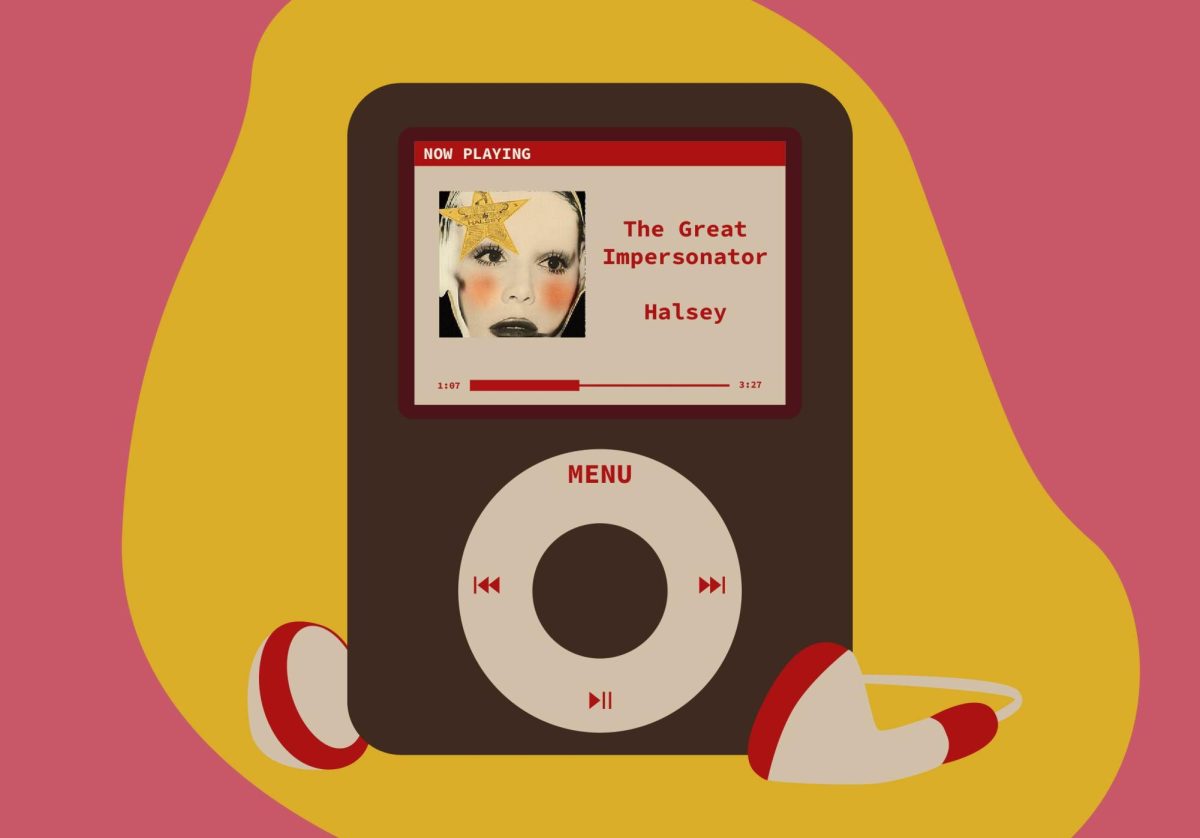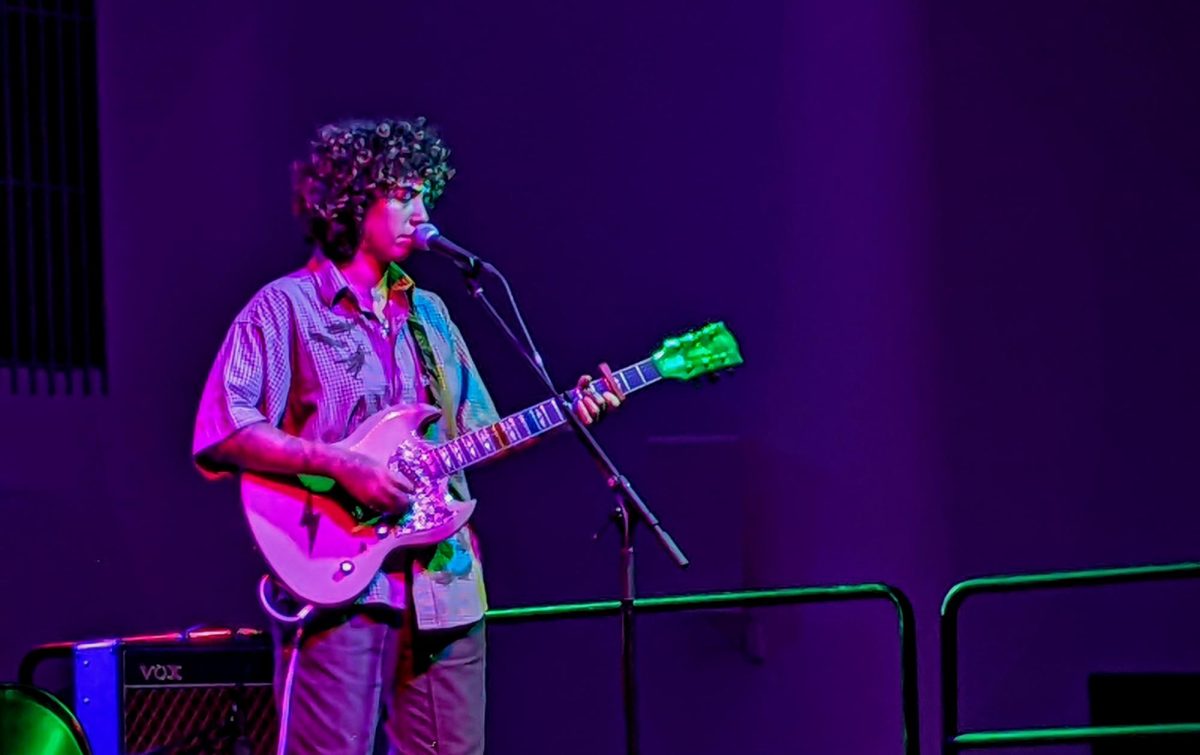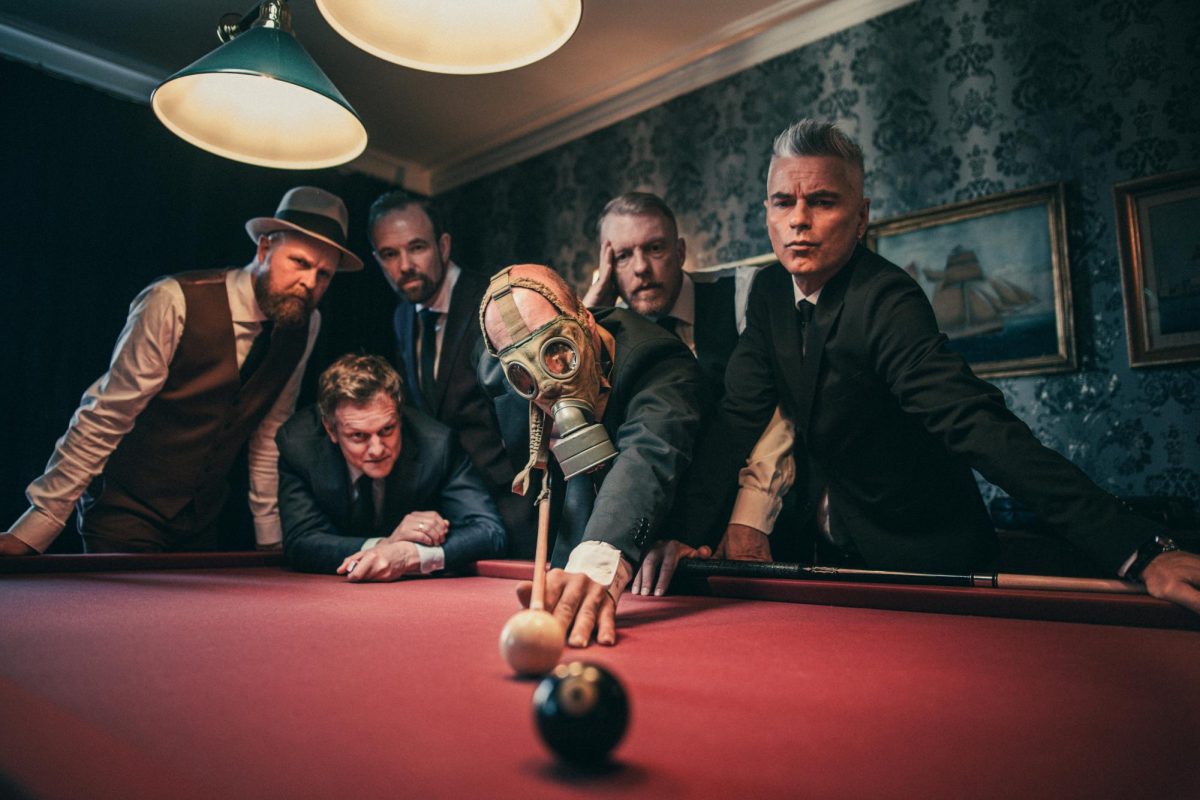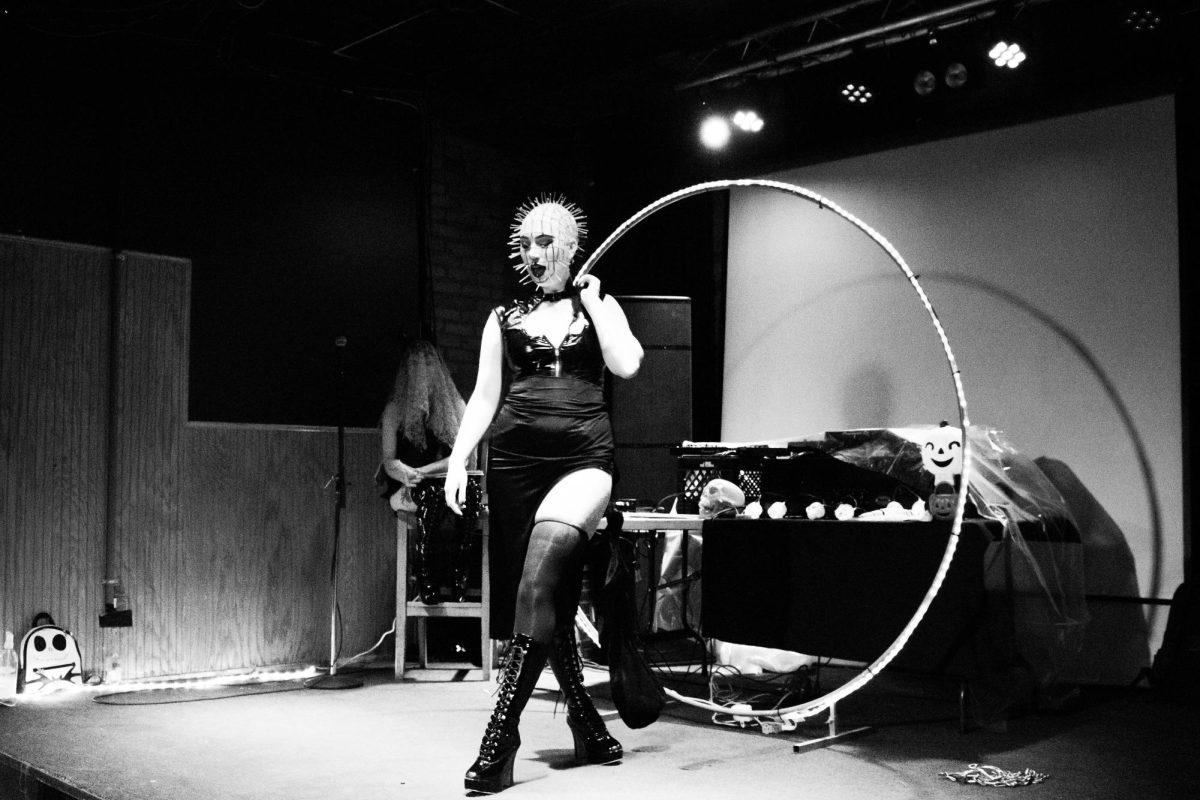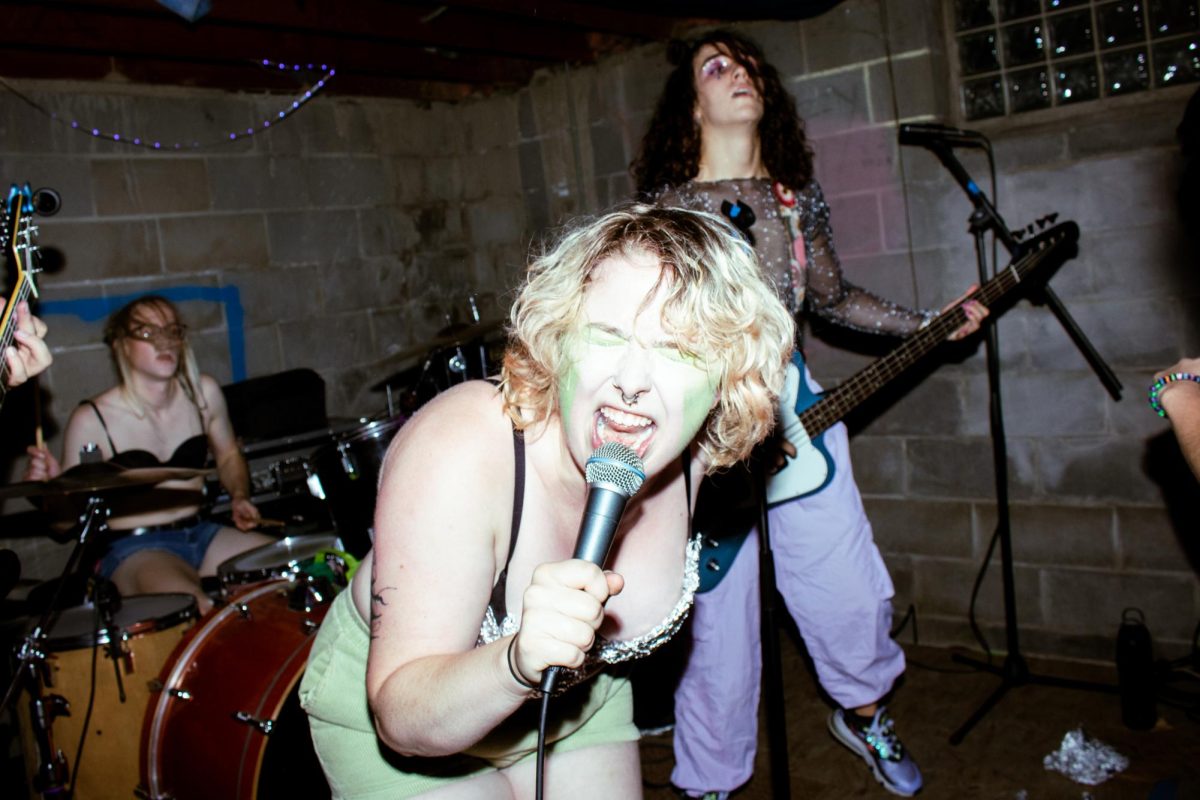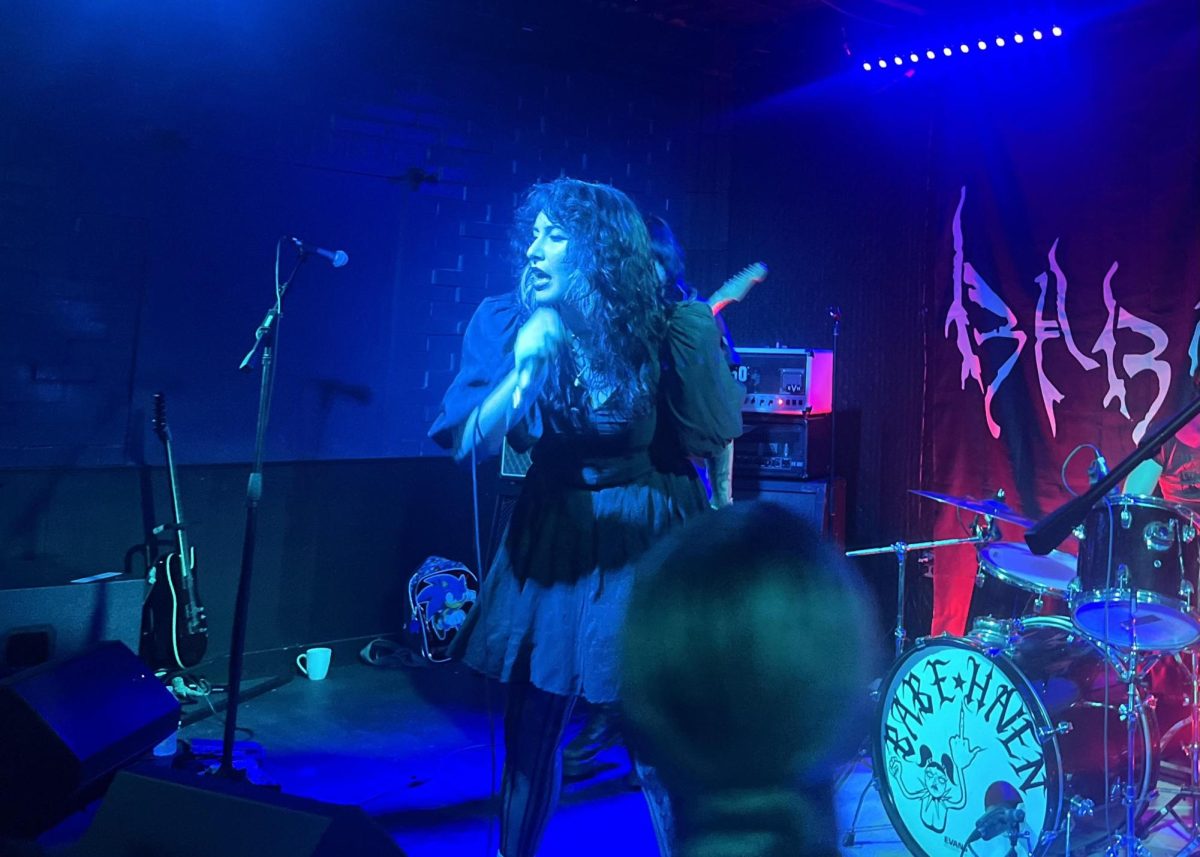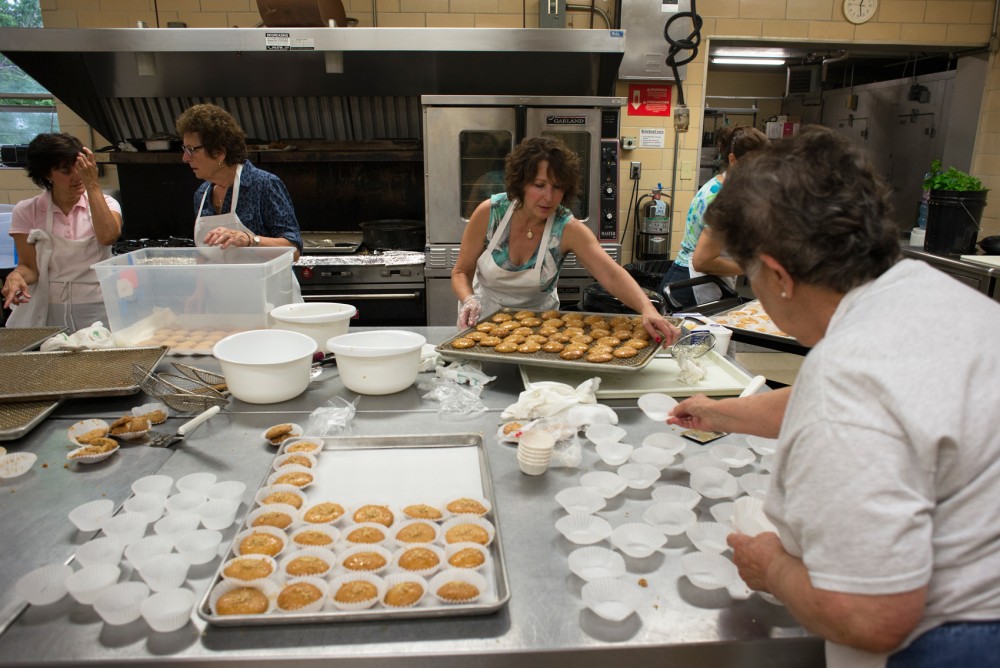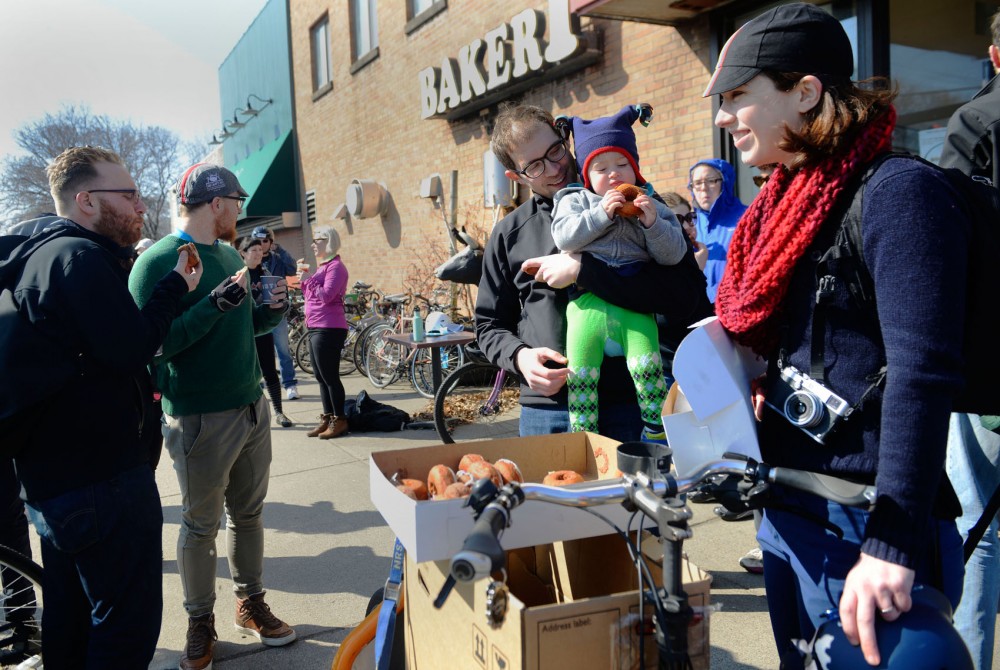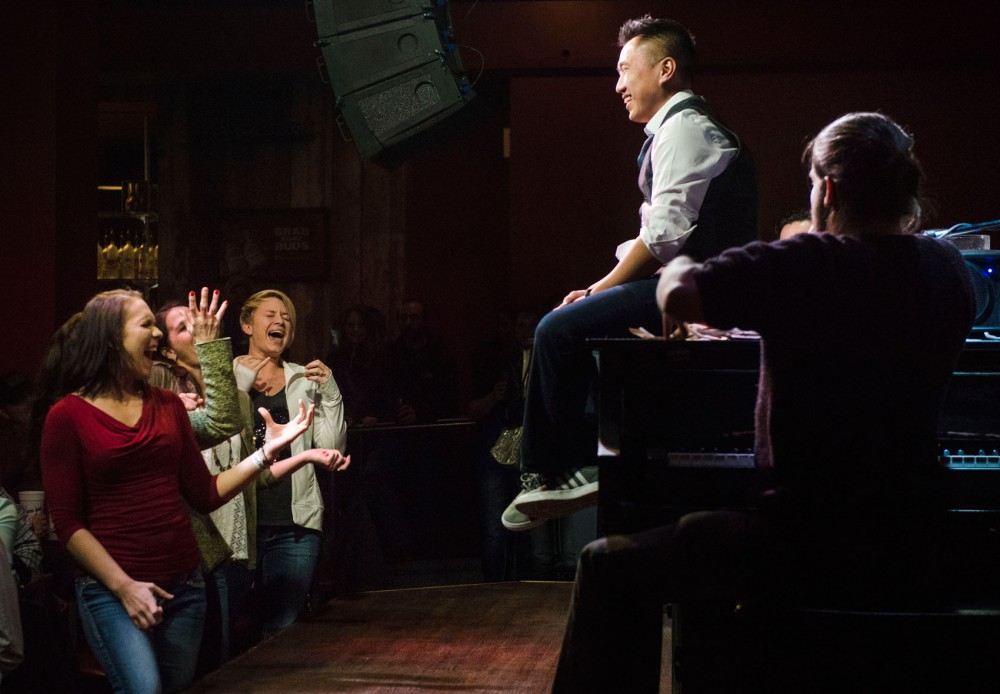It’s amazing how good a five gallon bucket can sound.
Arriving at Pitchfork in Chicago last weekend inevitably meant being greeted by some array of the city’s “bucket boys,” groups of predominantly young street performers equipped with overturned buckets and sticks.
An estimated 55,000 attendees got the drumline treatment, but the percussionists around Union Park on those sweltering three days weren’t the only people outside the green chain-link fences looking to make a buck.
Vendors lined the streets, hawking everything from tickets to bottled water to beer.
“I used to be a booster — used to steal,” vendor Derék Stevens said. “Now I come out and try to do something positive, selling things.”
Stevens put the pros and cons of the gig simply: “The negatives: we encounter a lot of racism. Positives: all these fine women — you wouldn’t even know I’m gay!”
He manages a beauty salon on Chicago’s South Side but, like many others, jumped at the chance to pull in some extra cash — estimates for the weekend profit varied from vendor to vendor, ranging from $600 to $1,500.
It was John Bruce’s first Pitchfork festival — he recently lost his job, and his unemployment checks were close to running out. He joined some of his Englewood friends for the chance to make ends meet.
Stevens and Bruce stuck to the strictly legitimate stuff — water and the like.
But that was not the case for everyone.
Shouts of “Cold water” covered murmurs of “Cold beer.”
Tickets were being scalped all around the venue, and “You need?” was heard from time to time. Cigarettes and pints of vodka were also available for the interested — there’s an undertow to this placid surface.
When a K-9 unit rolled up, there were always a few individuals who made sure to stroll in the other direction.
Large events, where the police are often forced to pick their battles, allow for these unofficial business endeavors.
Ticket resale is highly regulated in Illinois, with the scalping around Pitchfork being illegal in every sense of the word — not to mention that some unscrupulous businessmen were selling counterfeit copies of internet tickets.
Peddling is also regulated, requiring a series of bureaucratic hoops.
Law enforcement won’t look for these permits and credentials, though, unless the vendor gives them a reason to. To a cop, it’s like liquor in a brown paper bag.
Brian Mitchell, who’ll be at Lollapalooza and vends at Bulls games, too, said venders are informal volunteers in a sense.
They are aware of the tenuous truce with law enforcement at times like these, realizing that people screwing around are bad for business, keeping an eye out for baddies during this temporary neutrality.
They even enforce a Pitchfork rule that their security has no time for: preventing people from locking their bikes to the fence surrounding the park.
All of this while maintaining an informal air of approachable professionalism.
“If old man security does run us off, we’ll just go across the street,” Mitchell said.
They stayed through rain, too, with one entrepreneur showing up right as the clouds did with a bag of ponchos for sale.
Add the homeless, ice cream trucks, people hyping shows and simply the passers-by to this equation, and you had a bazaar rivaling what was inside Union Park that steamy weekend.


